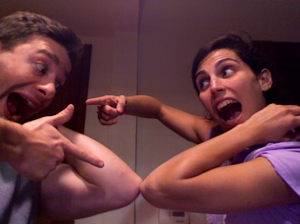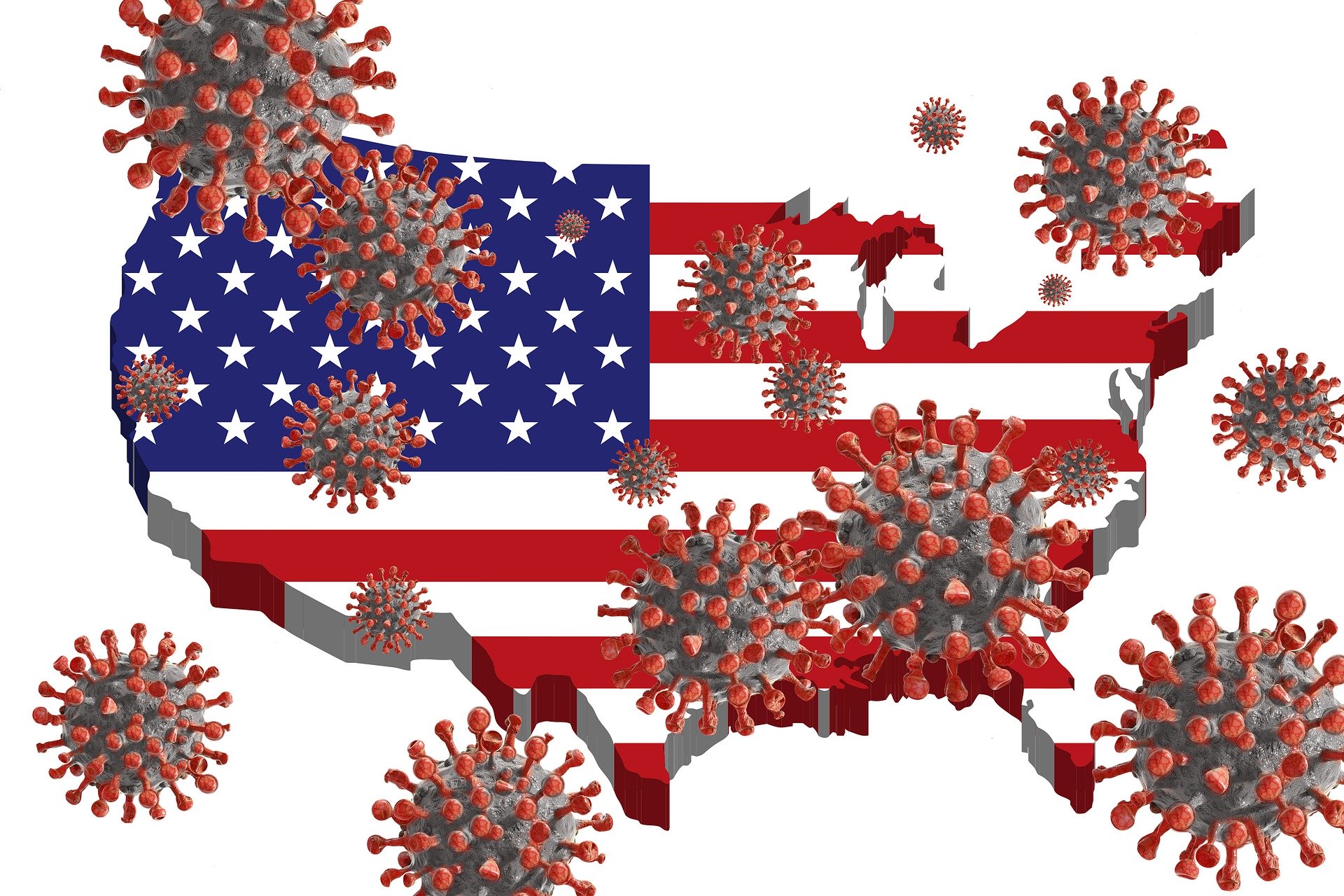Take care of your health, wear a mask in public places, try to avoid crowds, and choose online mode whenever possible.
COVID-19 has changed our perception of public behavior norms. If earlier it was considered impolite to discuss health, politics, and religion, today the question of health is no longer something personal. In most cases, health becomes the number one topic of discussion.
People stop shaking hands, keep a safe distance, and follow other rules of the “new normal” the world is already getting used to. However, how to behave in public during the coronavirus and how to deal with the awkward situations provoked by the pandemic? Let’s dwell on the new etiquette rules.
New Rules in a New Era
The pandemic has made a lot of noise and led to social conflicts among people who deny the seriousness of COVID-19 and those who carefully follow health and safety measures. As always, the truth is somewhere in between, so here is what should you do to keep yourself safe and still be polite regardless of the situation.
- Don’t Leave Home at the First Signs of Illness
This was one of the basic rules of public health, but we appreciated its importance only when the infection rate exceeded the real capabilities of doctors and hospitals. The global health care system is on the brink of collapse, and now the new rule is:
“Don’t leave your home if you’re sick, and don’t go to the hospital. Instead, call your doctor and consult online.”
Of course, you shouldn’t go to work if you have cold symptoms, even if it’s not a coronavirus. Plus, if you are feeling well enough to be treated at home, it is best to be treated at home. Thus, firstly, you will not infect anyone around, and secondly, you will not become infected yourself, and you will not add a burden to an already exhausted healthcare system.
- You May Ask Others to Follow Safety Measures
Now, according to the new rules, it is necessary to keep a safe distance and use a protective mask. If we are talking about a social event, then it is also necessary to provide for a safe distance between those sitting. But very often, these rules may be violated, i.e someone without a mask may come close to you.
If you are confused by these situations, then there is no shame in asking the person to keep a safe distance. Also, you may politely ask the person to put a mask on. There is nothing strange about this and it will correspond to modern norms of behavior in a pandemic. The main condition for this is to be polite.
For example, if the taxi driver is without a mask, then this can be regarded as a violation since he is at work. You can say: “Sorry, but I am worried about both my health and your health. Please put on a protective mask. ”
- You May (and It’s Better to) Refuse Shaking Hands
The handshake raises a lot of questions and controversy. Someone thinks that a handshake does not pose a health hazard, since this is the norm of ethics. Someone thinks that a handshake in today’s conditions is, on the contrary, not a good option. This causes a lack of understanding of how to behave in such a situation. Since not responding to a handshake or not reaching out was previously considered a violation of etiquette, how to react when someone wants to greet you this way?

If you are one of those who want to avoid a handshake at a meeting, then you need to tactfully explain this to your interlocutor so that they do not take offense at you. You can put your hands on your heart and say: “Let’s refrain from this, I sincerely want to say hello to you, but now we have unfavorable circumstances for this.”
Such phrases will save you from resentment and tactfully remind your interlocutor that you should not forget about precautions.
- You Still Have the Right to Avoid Health Topics
As mentioned earlier, according to etiquette, the topic of health was considered private and personal. The global pandemic has also changed this norm of behavior, and now, discussing COVID, its symptoms, and ways of treatment is almost ok. Most likely, your friends may approach you with the question “How is your health? Have you and your family encountered COVID-19?”
However, you still have the right not to discuss your health, and COVID-19 as well. You can answer such questions as follows: “Thank you, my health and the health of my family are fine.”
This answer will show the interlocutor that you are not ready to discuss the details and will save you from additional questions.
- It’s Ok to Meet Online
Previously, face-to-face meetings were considered a sign of respect, especially in the business area. The pandemic has replayed this rule and now avoiding a personal meeting has become a show of respect.
For instance, Alltopreviews work with partners online. They say that this is not only safe but also respectful since everyone has to spend less of their time looking for the top writing reviews and content writers to be hired online. What’s more, it is much more convenient to hold meetings online in terms of time. If earlier they tried to hold business meetings during working hours, now this can be done at any convenient time.
However, not all people are ready to meet online but you still should deal with this situation politely. Be frank and say that you are worried about their and your health, and in the current circumstances it is better to deal without a personal meeting. There is nothing strange and shameful in this. All self-respecting people, regardless of their status, will always remember the issue of safety, and health of both their own and those around them.
Final Words
Surely, the world will no longer be the same and it’s better to start adapting to the rules of the “new normal”. What’s more, they are not so difficult to follow – just take care of your health, wear a mask in public places, try to avoid crowds, and choose online mode whenever possible.


Join the conversation!